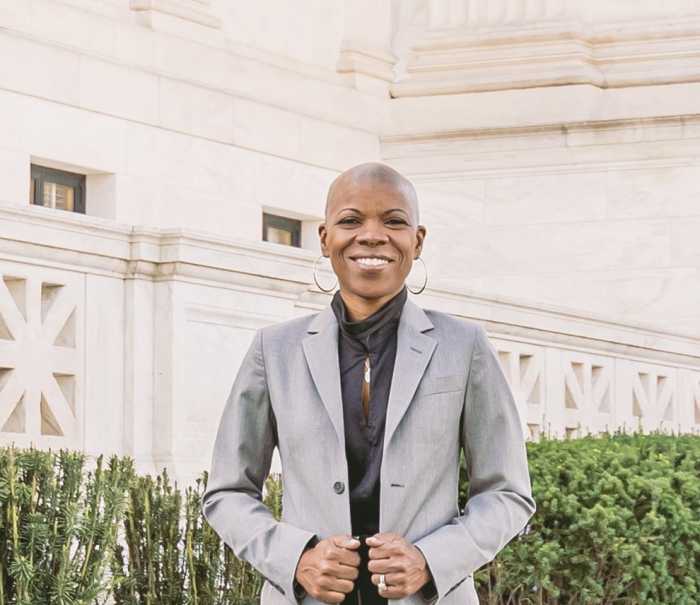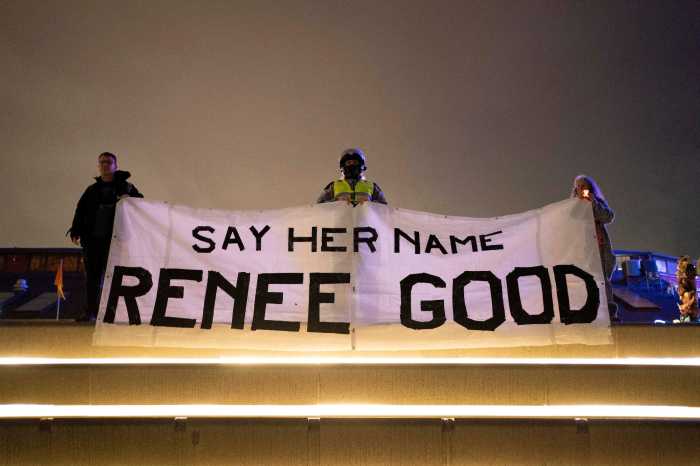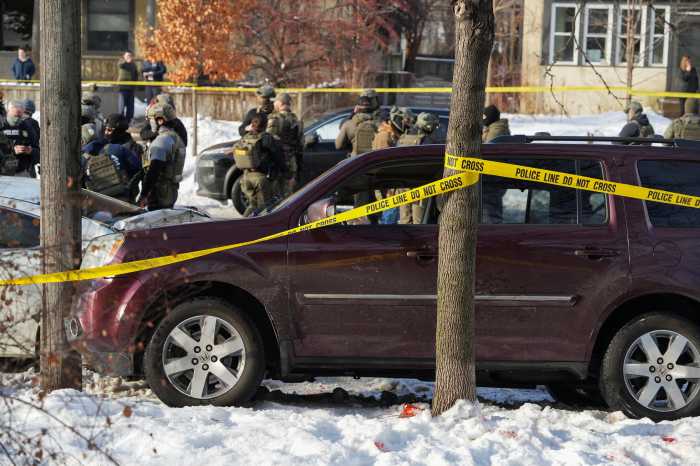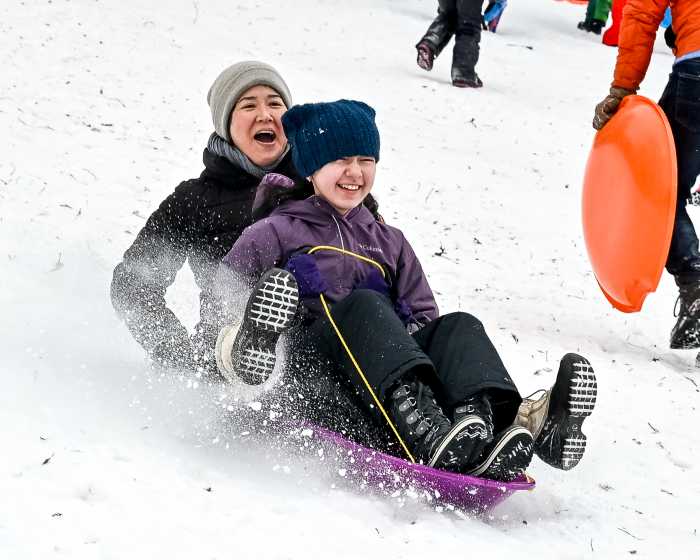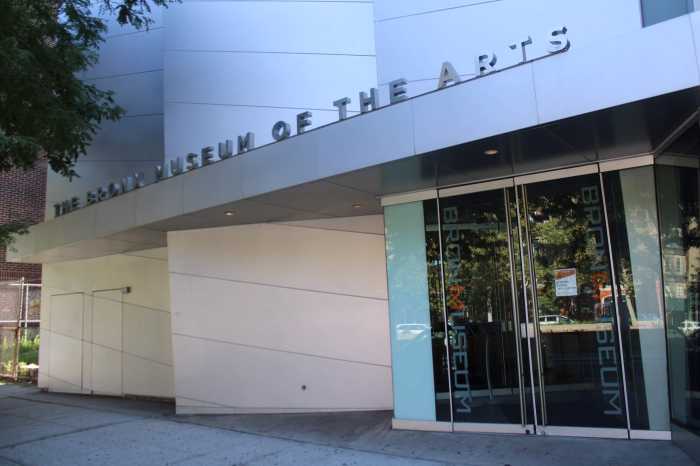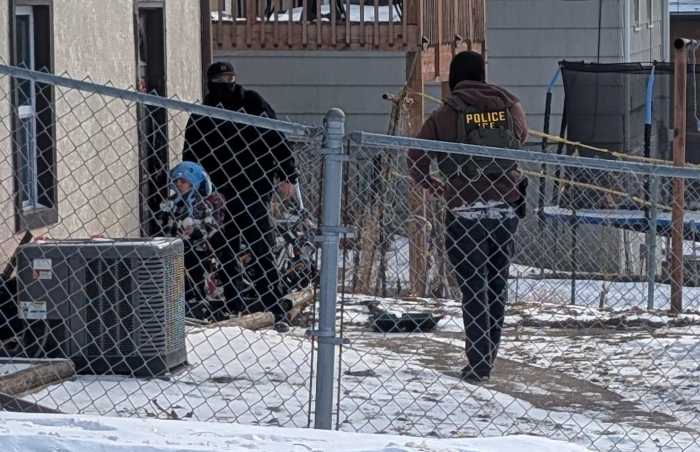Christian group strikes out at youth mentoring group over nondiscrimination policy
Action taken recently by the national board of Big Brothers-Big Sisters of America to reiterate that group’s longstanding nondiscrimination policy, which protects gay and lesbian individuals volunteering to be mentors, has been met with an outcry from Focus on the Family, a right wing Christian group.
The Colorado-based Focus on the Family, headed by Dr. James Dobson, invoked the pedophile scandal in the Catholic Church in condemning Big Brothers.
“This policy is an brazen affront to parents with deeply held religious beliefs, not to mention a potential hazard to the well-being of children everywhere,” according to Dr. Bill Maier, who is described as the psychologist-in-residence at Focus on the Family. “Big Brothers-Big Sisters of America should learn from the recent Catholic Church sex abuse scandal and realize that matching fatherless boys, starving for attention, with homosexual men is reckless and irresponsible, not to mention a recipe for disaster.”
Dobson has taken to the airwaves on his syndicated radio program to attack Big Brothers, and his group has sent out an email alert as well. As a result, the group claims that Big Brothers has been deluged with complaints.
Noreen Shanfelter, a spokesperson for Big Brothers, which is headquartered in Philadelphia and has about 500 affiliates nationwide, acknowledged that the group has received “a high number of complaints” since Focus on the Family jumped on the issue, but said that the group’s attacks have led to misconceptions apparent in the responses that have come in.
According to Shanfelter, the nondiscrimination policy, that offers protections based on race, religion, disability, and other categories in addition to sexual orientation, has been in place for a quarter of a century. She said that the national board’s decision to reaffirm that policy this past February and make its implementation mandatory this July came in response to feedback from affiliates, in the same manner that other issues are raised to the national level from local groups. Shanfelter, who has been with Big Brothers for only five weeks, was unable to say what specific concerns motivated affiliates to request that the policy be reaffirmed. She said she had no information that it came in response to the national debate about the Boy Scouts of America’s exclusion of openly gay members and leaders.
In responding to the controversy, however, Big Brothers has touched on one issue that was a point of contention in the court battles that raged over the scouting issue. In successfully arguing against the Boy Scout policy before the New Jersey Supreme Court in 1999, Lambda Legal Defense and Education Fund argued that promotion of a heterosexual norm was not one of the express goals of the Boy Scouts, so the group could not maintain that its right of free expression was infringed by requiring it to open up to gays. The U.S. Supreme Court rejected that argument a year later, ruling 5 – 4 that the Scouts do have the free expression right to bar gays.
In comments made to the Philadelphia Inquirer, Mark Koonce, Big Brothers’ chief executive made clear that the group does not share the Boy Scouts’ purported mission with regard to heterosexuality.
“[Big Brothers] doesn''t have the broad goal of teaching heterosexual, marital relationships,” Koonce told the Inquirer. “We look at: Do the kids stay in school? Do they keep their grades up? Do they improve peer and family relationships? That’s what we think the big issues are.”
Shanfelter also questioned the assertion by Focus on the Family that the Big Brothers’ nondiscrimination policy challenged any parental prerogatives. In fact, the group asks volunteers about their sexual orientation when it does its initial screening, a question that many gay and lesbian people might find intrusive. Volunteers participate in one of two types of Big Brothers-Big Sisters programs. The usual set up involving the bulk of the volunteers, called the community program, is based on an intensive mentoring program for youth from single-parent homes that might take place in the home, in a recreational setting, or in a pizza parlor.
The other is a school program, in which volunteers visit students from one-parent homes, usually during their lunch hour.
Shanfelter explained that parents of youth participating in the community program, which is the more intensive of the two types of mentoring, are informed if the adult volunteer is a gay man or a lesbian before they sign up for the program.

